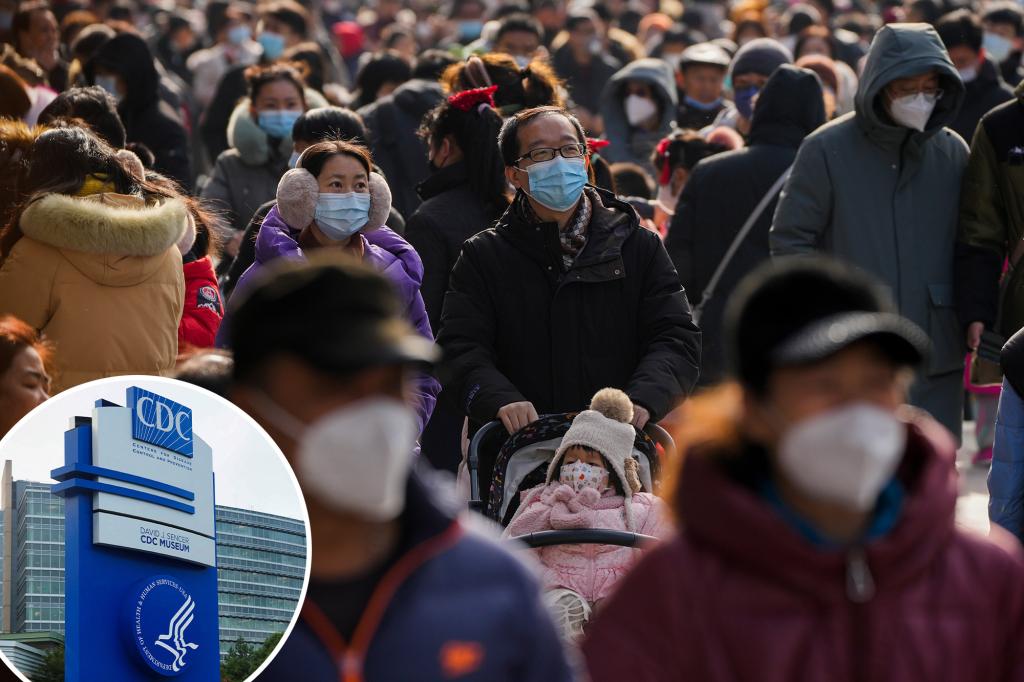Health officials upgraded a recent travel warning amid a concerning surge of a mosquito-borne illness that causes pain potentially lasting for years.
The Centers for Disease Control and Prevention (CDC) has issued a Level 2 travel warning for Guangdong Province in China, advising visitors to “practice enhanced precautions” due to an outbreak of chikungunya.
The outbreak has shaken the province, with Foshan city at the epicenter, sparking an aggressive response from Chinese authorities that some are comparing to early COVID-era measures.
Thousands of people in China have been infected with the painful mosquito-borne virus.
It’s a viral illness that is spread when a mosquito carrying the chikungunya virus bites a person, according to the Cleveland Clinic.
Chikungunya is not spread from person to person, but by the bites of infected Aedes mosquitoes, particularly in warm, humid climates.
Despite not being deadly in most cases, the illness can cause intense joint pain lasting weeks, months, or even years — and has prompted drastic containment measures in affected areas.
While most people recover within a week, others — particularly older adults, newborns, and those with chronic conditions — are at greater risk for severe or long-term complications.
Studies show that about 35.3 million people are infected with the chikungunya virus each year across 180 countries and territories.
While it can be deadly, it’s estimated to cause just 3,700 deaths annually. In the US, 46 travel-related cases have been reported so far this year. In 2024, that number hit nearly 200.
Fortunately, no local mosquito-transmitted cases have popped up in America since 2019, according to the Centers for Disease Control and Prevention.
There is no specific treatment or cure for chikungunya, making prevention critical. The CDC recommends travelers:
- Use EPA-registered insect repellents
- Wear long-sleeved shirts and long pants
- Stay in air-conditioned or screened accommodations
- Avoid standing water where mosquitoes breed
Travelers to the affected areas are now encouraged to get vaccinated. Two chikungunya vaccines have been approved for use in the United States.
However, the CDC advises pregnant women — especially those nearing delivery — to reconsider travel. In rare cases, the virus can be transmitted from mother to child during childbirth, posing severe risks to newborns.
The aggressive public measures — reminiscent of its initial COVID-19 response — underscore growing public and governmental anxiety over the outbreak.
Read the full article here







